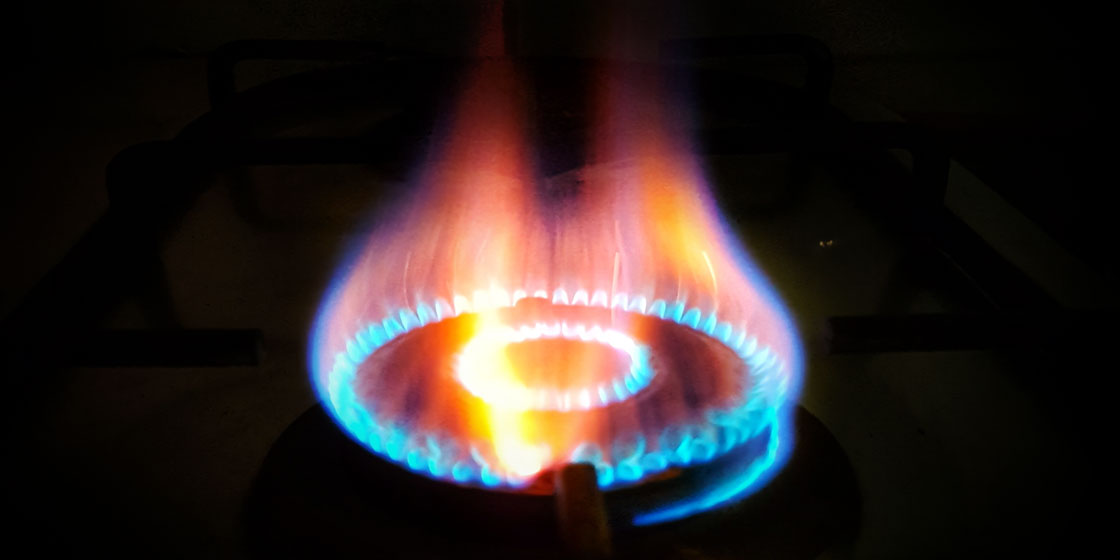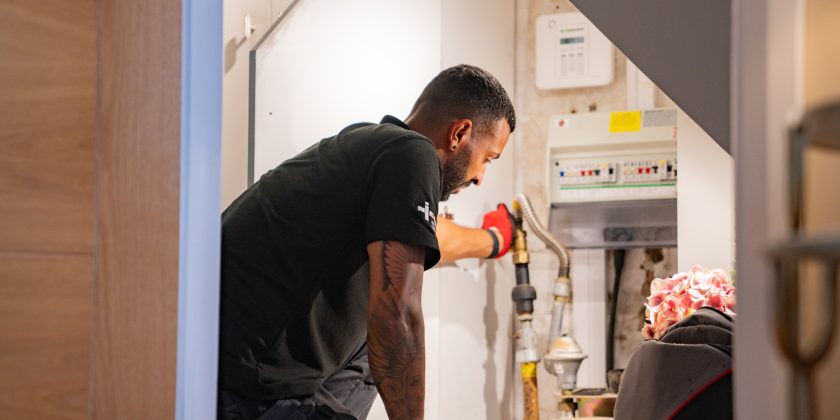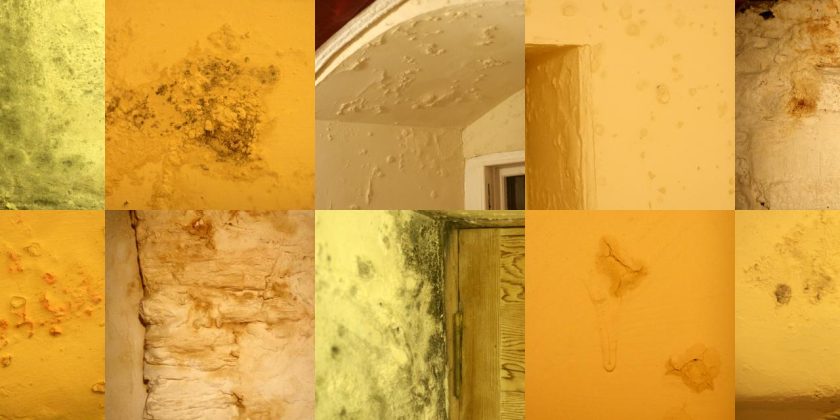Local authorities, councils, large commercial landlords, and housing associations are obligated to keep their occupiers safe. By maintaining high standards regarding the fire safety of the property, protection can be ensured while costly damage and fines can be avoided.
Regular checks and tests must be conducted around the property to prevent a fire from occurring. These include gas safety checks, fire risk assessments, alarm checks, and electrical installation checks.
Those who maintain a safety-first approach will keep up with their legal duty and remain compliant. By adhering to fire safety regulations and taking on board the following four measures, maximum protection against fires can be maintained.
Gas safety checks
The industry standard states that gas safety checks must be carried out yearly. Once complete, you will be provided with a Gas Safety Certificate (CP12) that you must store as evidence.
Without these checks, your dwelling could emit carbon monoxide – a flammable gas that can make people breathing in the fumes seriously unwell or even kill them.
This process involves a Gas Safe registered engineer checking every gas appliance and flue is harmless and safe to use. Appliances include gas hobs, boilers, and gas fires.
The Office for National Statistics revealed that cooking appliances were responsible for 45% of accidental house fires between 2020 and 2021. With cooking appliances labelled as one of the top causes of fires, these checks cannot be missed.
Fire risk assessments
Fire risk assessments involve a trained assessor examining fire hazards to help minimise incidents from occurring. During the assessment, a score based on how likely a fire is to occur and the severity of it is given.
By getting these assessments reviewed once a year and then reassessed every four years, the right precautionary measures can be taken.
Typically, these are carried out to identify possible fire hazards within the building as well as the people who are at risk. Hazards such as escape routes and doors are examined. If issues are observed, they can be removed to reduce further risks.
Smoke and carbon monoxide alarms
Smoke and carbon monoxide alarms reveal the ultimate tell-tale signs that the home could be in jeopardy of a fire.
The only way for them to keep occupiers free from danger is for them to be in proper working order.
The Smoke and Carbon Monoxide Alarm (England) Regulations 2015 clarifies that one smoke alarm must operate on each storey of the building with a room as living accommodation where there is a ‘fixed combustion appliance’, other than a gas cooker.
It should be common practice to test smoke and carbon monoxide alarms once a month at minimum, though once a week is recommended. Also, be sure to replace batteries twice a year.
Electrical installation tests
If the electrical equipment, appliances, and panels in the building pose a risk, it could be detrimental to the safety of a home. Simply failing to replace faulty equipment could also cause a fire to break out.
The Electrical Safety Standards require electrical installations in properties to be inspected and tested every five years. Electrical Installation Condition Reports (EICRs) can assist as these provide thorough tests on the fuse board, wiring, and electrical accessories.
These show whether installations are ‘satisfactory’ or ‘unsatisfactory’ and a list of improvements that need to be carried out. They also outlined any faults that are discovered which need to be fixed.
Here at Propcert, we are a nationwide provider of property services including Electrical Installation Condition Reports, Energy Performance Certificates, Asbestos Surveys, Fire Risk Assessments and more.
For a full list of services, please click here and contact us here for any more information on what we provide.


